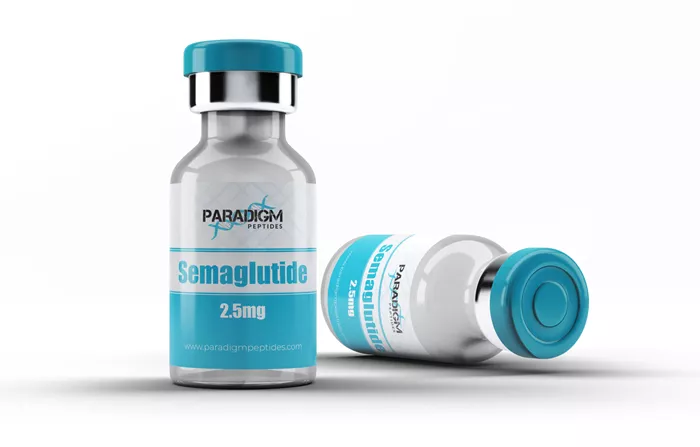A new study suggests that semaglutide, a drug commonly used for diabetes and weight loss, may have an additional benefit. It may help people reduce their alcohol consumption.
The study, published in JAMA Psychiatry, involved 48 adults, aged 21 to 65. All participants had been diagnosed with alcohol use disorder, but they were not actively seeking treatment.
Half of the participants received semaglutide, a GLP-1 receptor agonist. The other half did not receive any treatment. The trial lasted nine weeks. During this time, the semaglutide dose started at 0.25 mg per week. It gradually increased to 1.0 mg in the final week. This dosage is much lower than what is typically prescribed for weight loss.
According to Dr. Christian Hendershot, the study’s lead author, semaglutide seemed to reduce drinking quantity. He is the director of clinical research at the USC Institute for Addiction Science. He told ABC News that the largest effects were on outcomes related to drinking quantity or heavy drinking.
In a controlled lab environment, participants taking semaglutide consumed less alcohol. However, their overall drinking days and daily alcohol intake did not significantly change outside the lab. Despite this, they reported fewer episodes of binge-drinking and reduced cravings for alcohol.
Dr. Hendershot noted that the participants were not actively trying to reduce their drinking or abstain from alcohol. This makes the drug’s impact particularly noteworthy.
Dr. Stephanie Widmer, an expert in emergency and addiction medicine, said that it’s not yet clear why semaglutide may affect addictive behaviors and cravings, and play a role in treating alcohol use disorder. She added that more research is needed to understand the underlying mechanisms.
One possible explanation is that GLP-1 receptor agonists increase the feeling of fullness, which could make alcohol less appealing, according to Hendershot.
Previous animal studies suggest that these medications may also affect the brain’s reward system. This could reduce the desire for substances such as alcohol and nicotine. However, it is still uncertain whether the same effect occurs in humans.
Interestingly, the medication also seemed to reduce cigarette use in a small group of participants who smoked. This suggests that it may have broader effects on addictive behaviors.
Dr. Hendershot pointed out that preclinical studies indicate GLP-1 receptor agonists reduce not only alcohol intake, but also nicotine use and nicotine-related reward. Currently, there are no FDA-approved medications to treat both alcohol and nicotine dependence.
Another unexpected benefit was that participants treated with semaglutide experienced a 5% reduction in body weight during the study. While this result aligns with previous research, Hendershot emphasized the need to assess potential side effects, especially in individuals with lower BMIs.
The study had some limitations, including a small sample size and a short duration of only nine weeks. Also, it was conducted in a controlled setting, which may not accurately reflect real-world drinking behaviors.
Furthermore, because participants were not actively trying to decrease their alcohol consumption, their motivation (or lack thereof) could have affected the results, according to Henderson.
Nevertheless, the findings suggest that semaglutide could have a role in changing addiction treatment. The National Institutes of Health reports that only three medications are currently FDA-approved for treating alcohol dependence. Also, many people with this condition never receive treatment.
In 2023, over 2 million people had alcohol use disorder, but only about 8% received treatment.
Dr. Widmer stated that if semaglutide proves to be a better option than the three FDA-approved drugs currently in use, it would be a significant breakthrough for many people.
Read more:
- Mental Health Crisis: 40% Of UK Medical Students Report Anxiety Or Depression
- Teddi Mellencamp Faces Brain Tumor Diagnosis, Shares
- The 6 Best Protein Drinks For Women’s Weight Loss


